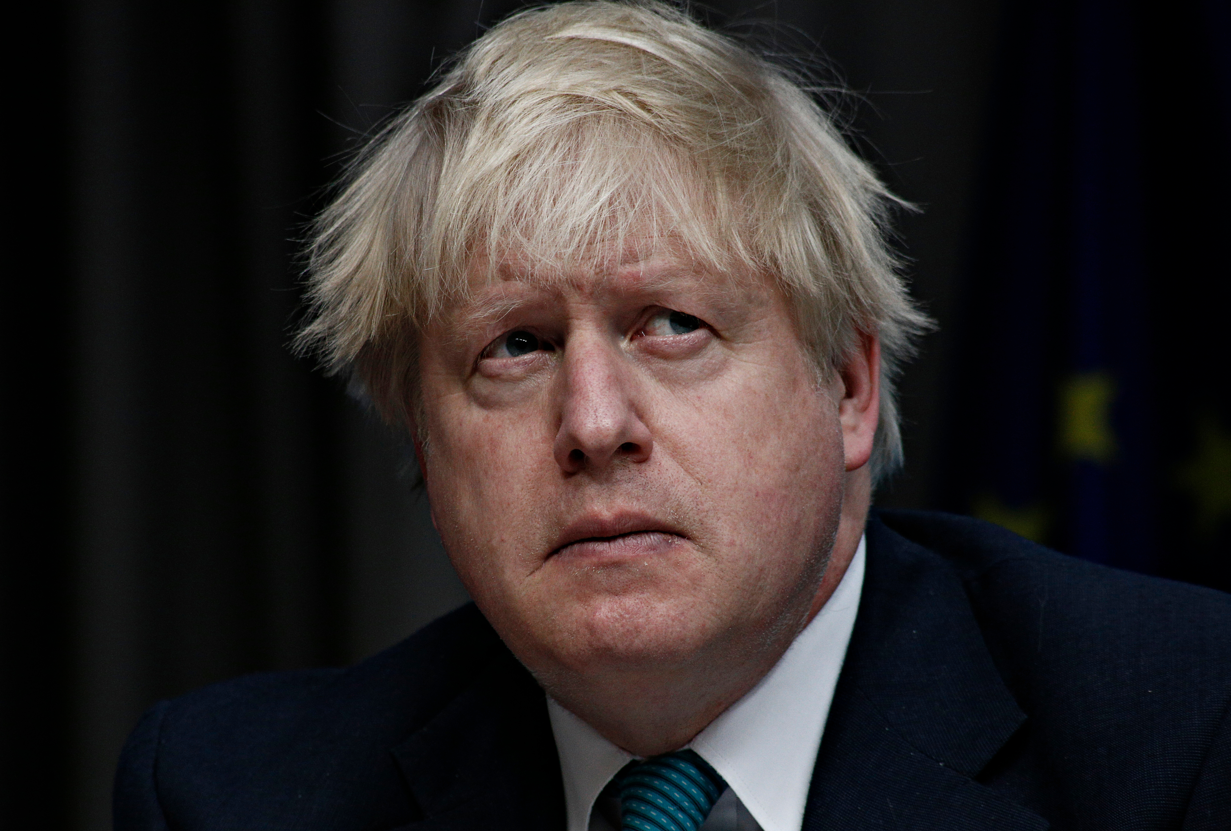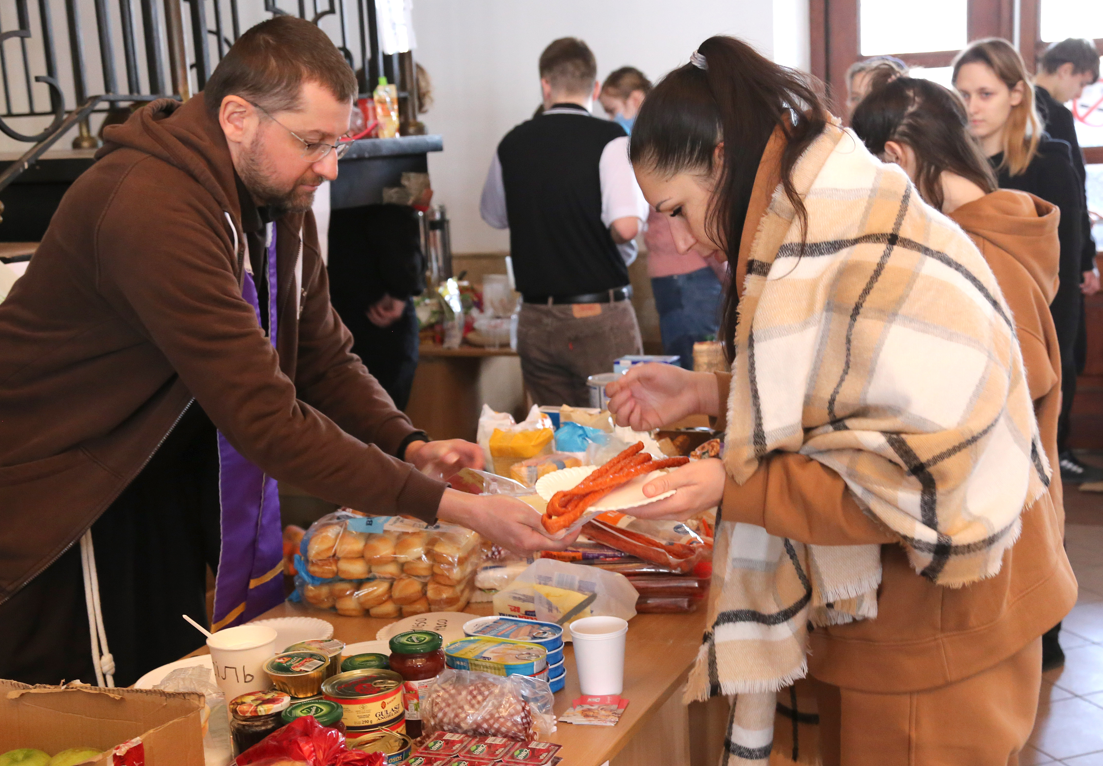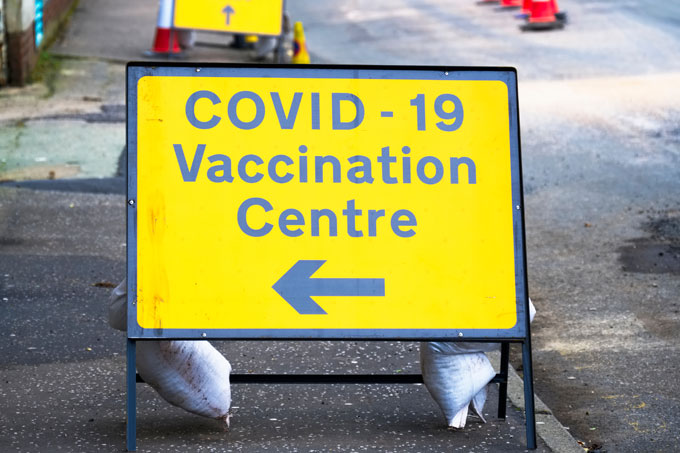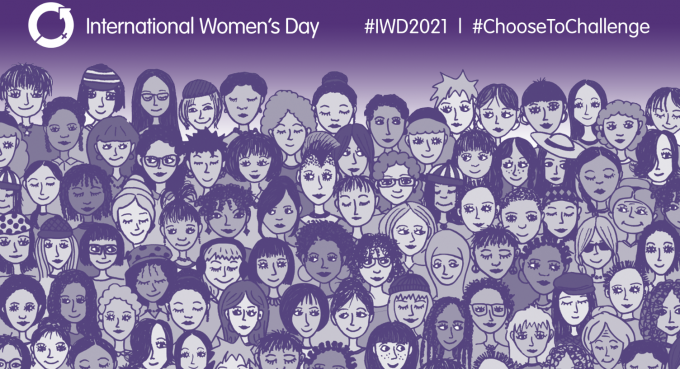Jessica Bombasaro-Brady, Senior Lecturer in the School of Law, Policing and Social Sciences, discusses The King’s Speech this week which highlighted new legislation to keep people safe, reducing the risk to the public from terrorist attacks at public venues.
Who will vote against integrity and truth? Partygate becomes a popularity contest.
Dr Sarah Lieberman discusses a cross-party report which will be discussed in parliament today, which found that former Prime Minister Boris Johnson repeatedly lied and misled parliament, on holding gatherings at Number 10 during lockdown.
Mothering Sunday and reflections on the Greenham Common Women’s Peace Camp
Dr Janet Melville-Wiseman explores how the women of the Greenham Common Peace Camp stood against NATO for the sake of their children and all children of the future.
Does it matter that women aren’t engaging in STEM?
For National STEM Day (8 November) Tina Eager, Senior Lecturer in Computing, discusses attitudes to gender diversity in STEM in a male-dominated sector.
Should NATO impose a no-fly zone in Ukraine?
Dr Alexander Kent, Reader in Cartography and Geographic Information Science, discusses NATO’s decision not to impose a no-fly zone over Ukraine.
Earth Day 2021 – restoring our world
Professor Peter Vujakovic, Dr Stephen Scoffham and Dr Paula Owens, argue for better mapping for a sustainable future on Earth Day 2021.
Understanding the causes for Covid-19 vaccine hesitancy among UK ethnic minorities
Academics from across the University come together to explain how the Government and Big Pharma need to address past mistakes and reach out to dispel vaccine myths.
Let’s create a space to talk and to listen to everyone
This International Women’s Day Rachel Masterson discusses workplace cultures and calls for more meaningful spaces for everyone to be heard.
Calling IT out
Not talking about IT does not make IT go away. The theme of this year’s International Women’s Day is Choose to Challenge. Kerry Jordan-Daus discusses what this means to her […]







